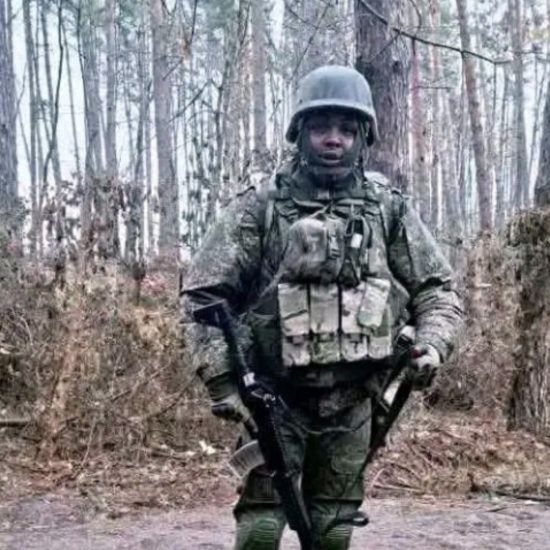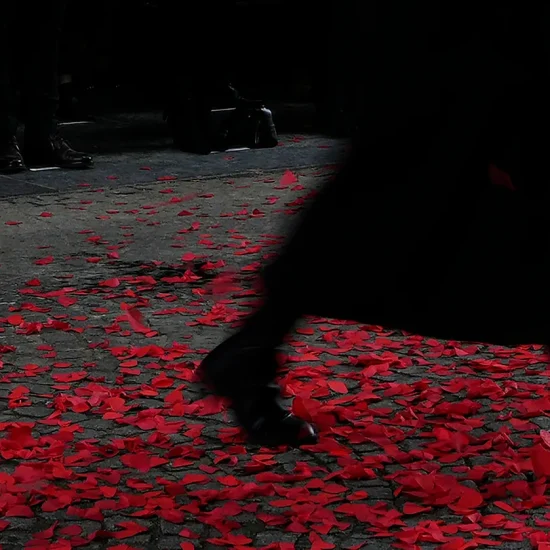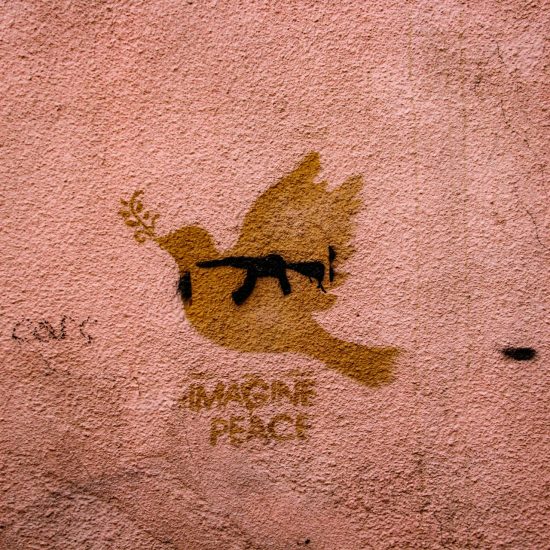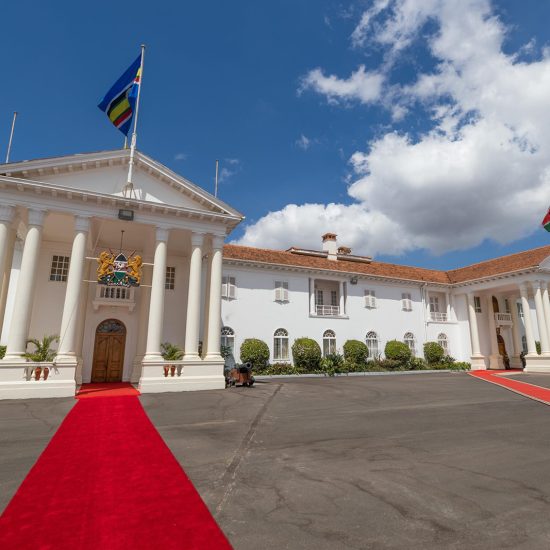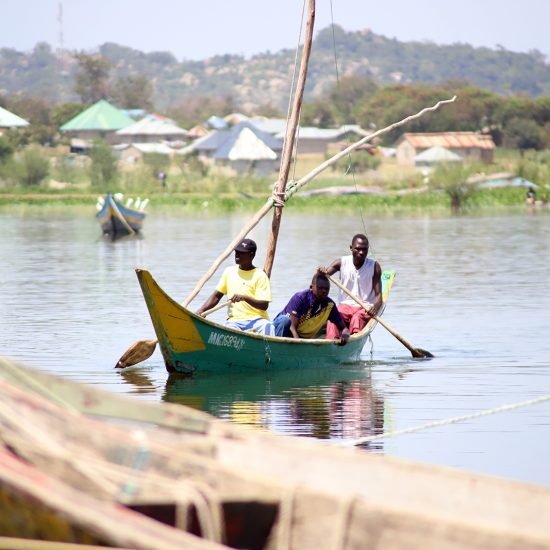Terror attacks in little-known pockets on the African continent often are overlooked in international reporting or are barely mentioned. But that was not the case with a horrific attack at Garissa University College in northeastern Kenya on April 2 that left 148 people dead.
 On the day before Good Friday and three days before Easter, terrorists aligned with al-Shabaab – based in Somalia about 90 miles away – executed 142 students, three police officers and three soldiers in an attack reported around the world. Al-Shabaab claimed responsibility.
On the day before Good Friday and three days before Easter, terrorists aligned with al-Shabaab – based in Somalia about 90 miles away – executed 142 students, three police officers and three soldiers in an attack reported around the world. Al-Shabaab claimed responsibility.
In a nation that is considered 82 percent Christian, the militants at first lined up non-Muslim students and mowed them down in what Kenyan President Uhuru Kenyatta called “mindless slaughter.” News reports indicated al-Shabaab also killed Muslims in the raid.
President Kenyatta immediately declared three days of national mourning across the nation of 44 million people, located in East Africa. The massacre was Kenya’s deadliest attack since the bombing of the U.S. embassy in Nairobi in 1998.
The Kenyan military wasted no time in responding with force. Warplanes attacked al-Shabaab positions across the northern border with Somalia on Sunday afternoon and early Monday morning following the college attack.
Al-Shabaab promised more such strikes in Kenya, even as Kenyatta called for his nation to unite against terrorism.
The massive attack on the campus appeared to be orchestrated to coincide with Holy Week on the Christian calendar. But in Kenya and in churches throughout the world, Easter worshipers recalled the massacre, prayed for the victims and their nation and urged others to do the same.
It should be noted in the aftermath of the killings in Kenya that other followers of Islam condemned what had happened on the campus in the city of Garissa, claiming the exercise of terror in the name of Islam was an aberration of that faith.
Kenya’s president acknowledged the effort to fight terrorism in his nation will not be easy.
In a televised speech, he said the fight “has been made all the more difficult by the fact that planners and the financiers of this brutality are deeply embedded in our communities and were seen previously as ordinary, harmless people.”
Kenyatta condemned “corruption of the worst and most criminal kind (when) Kenyans…finance, hide and recruit on behalf of al-Shabaab. There is no form of legal penalty, social shaming and godly condemnation that they do not deserve, to the fullest extent.”
He affirmed that Kenya is an “indivisible, sovereign and democratic state,” adding, “Our forefathers bled and died for this nation. And we will do everything to defend our way of life.”
Believers in the West can demonstrate their support of the victims of massacre and of this African nation and others that are under assault by remembering them in their crisis as they move forward and, of course, praying faithfully for them.
It is easy, even for those who claim faith in Christ and seek to live like Christ, to conveniently ignore atrocities and life circumstances of people we might never see because they live in what, to most of us, are remote places that might not seem to matter much.
“What can I do anyway?” we might ask ourselves. We find ourselves paralyzed by distance and cultural and economic differences that perhaps make it hard for us to relate to Kenyans in Garissa, the name of a place we didn’t know existed until we read about the attacks a week ago.
We inform our lack of awareness about people and places through study and closer attention to international news. We study and observe with an eye to better understand such places and people, including their dreams, their hurts, their challenges, and spiritual and other needs.
Many in church life do this through participation in missions events such as studies, prayer emphases and financial giving. Others have developed cross-cultural relationships through participation in mission trips to places they never imagined visiting and developing relationships with people they never dreamed of meeting.
While they may not live with daily fears about terrorism, Americans understand something about terrorist attacks and their impact. Most of us also are aware that our world seems smaller than it used to. We can know in a few minutes what is happening almost anywhere. More than ever, the world’s people are interconnected and face similar challenges.
This interconnectedness gives people of faith the opportunity and responsibility to help bear the burdens of others, whatever their circumstances.
Bill Webb is editor of Word & Way.

